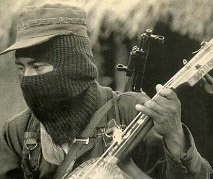
The Neo-Zapatistas: Twenty Years After
On January 1, 2014, the Ejército Zapatista de Libéración Nacional (EZLN) celebrated the twentieth anniversary of its uprising in Chiapas. This year, they are engaging in a self-appraisal.

On January 1, 2014, the Ejército Zapatista de Libéración Nacional (EZLN) celebrated the twentieth anniversary of its uprising in Chiapas. This year, they are engaging in a self-appraisal.
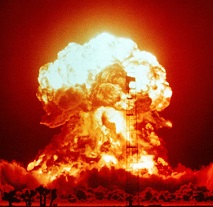
The United States and Iran are in the midst of difficult negotiations about the possible acquisition by Iran of nuclear weapons. The likelihood that these negotiations will result in an agreed-upon formula seems relatively low, since there are powerful forces in both countries that are strongly opposed to an accord, and are working very hard to sabotage any agreement.

The general elections of most countries with parliamentary systems have largely functioned in the same way. They have had some regular alternation between two parties, one ostensibly left-of-center and one ostensibly right-of-center.
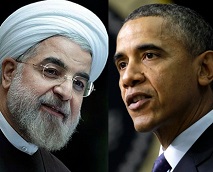
U.S. President Barack Obama and Iran President Hassan Rouhani both seem to want an arrangement that will avoid armed conflict. This is because each believes that armed conflict would have very negative consequences for both their countries and them personally.
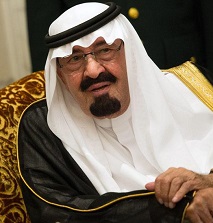
The Saudi regime has long been considered a pillar of political stability in the Middle East, a country that commanded respect and prudence from all its neighbors. This is no longer true, and the first ones to recognize this are those who are important internal players in the regime.
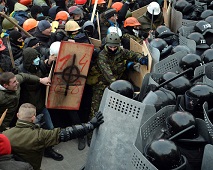
Ukraine has been suffering a profound internal schism for some time now, one that is threatening to become one of those ugly civil wars that are occurring in more and more countries. The boundaries of present-day Ukraine include an east-west cleavage that is linguistic, religious, economic, and cultural, each side being close to 50% of the total.
Copyright Toward Freedom 2019